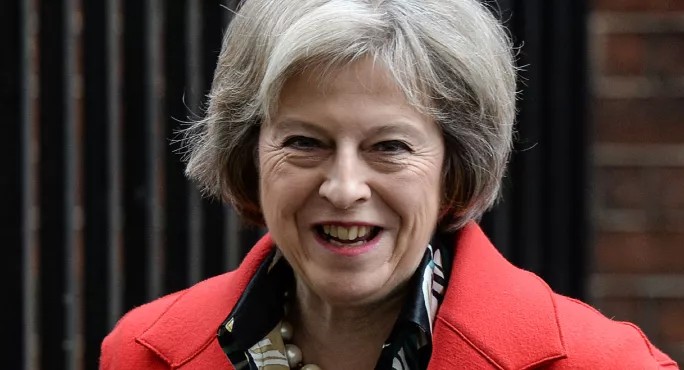“There’s a lot we need to do in this party of ours. Our base is too narrow and so, occasionally, are our sympathies. You know what some people call us - ‘the Nasty Party’.”
Theresa May said this at the Conservative conference in October 2002 when she was the party’s chair. Putting this idea immediately into practice, she and Damian Green, who had by then succeeded her as shadow secretary of state for education, invited three educationists - none of us Conservative party members - to address the conference immediately after her speech.
In setting out 10 education priorities for her term as prime minister, it is interesting to note that the seven of the 10 points are the same as the ones I made in that short speech 14 years ago. Since that time there have been countless Education Acts, regulations, guidance papers and ministerial speeches, most of which have failed to touch the issues that really need attention.
- State schools in England have an enviable record of success in raising achievement and broadening opportunities for young people. The challenge is how to build on this, not what to rebuild in its place.
- Find a better balance between trust and accountability. Teachers are second only to doctors in being trusted by the public. Politicians are second only to estate agents at the other end of that league table. So we must move away from the low-trust accountability system that constrains all but the most confident schools.
- Continue with the implementation of fair funding. Schools have waited too long for that already.
- Remembering that a majority of disadvantaged children do not live in disadvantaged areas, but are distributed all over the country, continue with the pupil premium. Ensure that other education policies help schools to narrow the gap, and challenge other government departments when they introduce policies that widen the divide in our society, thus making the job of schools harder.
- “On recruitment and retention of teachers, the retention challenge is the one to tackle first. We must make teaching a great job again by tackling workload, improving the pay system, giving greater recognition to the work of teachers and raising their status” - those were my words in 2002 and they are as true today.
- On tests and exams, I said: “Engineers may test bridges to destruction, but we should not be doing the same to our young people. The challenge is to reduce the number of exams and improve their quality and reliability. We could reduce the number of exams if we put more trust in the professionalism of teachers to grade internal assessment according to externally set standards. That would make the grades more reliable too.” My 2002 vision is now even further away from reality than it was then, but encouraging the profession to raise the quality of assessment remains important, so that eventually teacher assessment can take its rightful place.
- Appoint as secretary of state for education someone who will work with the profession, not against them; who will base policies on evidence not politics; who will have high (but not impossible) expectations; and who will inspire teachers with a vision of the future in which every child matters, as a previous secretary of state said.
- Build the capacity for the system to improve. Continue to build a school improvement system on the excellent work that is taking place in a very large number of schools already. Remember that schools improve schools, not politicians in Whitehall or county hall, so develop the systems that already enable the best schools to support others.
- Resist the temptation to fiddle around with school structures, as all governments have done for the past 30 years. Concentrate on standards, not structures, and on creating the climate in which teachers can concentrate on raising attainment, unhindered by constant structural change.
- “The final challenge,” I said in 2002, “is to plan for the school of the future, not schools from some rose-tinted vision of the past.” So, no more grammar schools, please - and no more “extensions” of existing ones.
John Dunford is chair of Whole Education, a former secondary head, general secretary of the Association of School and College Leaders and national pupil premium champion. He tweets as @johndunford
Want to keep up with the latest education news and opinion? Follow TES on Twitter and like TES on Facebook




